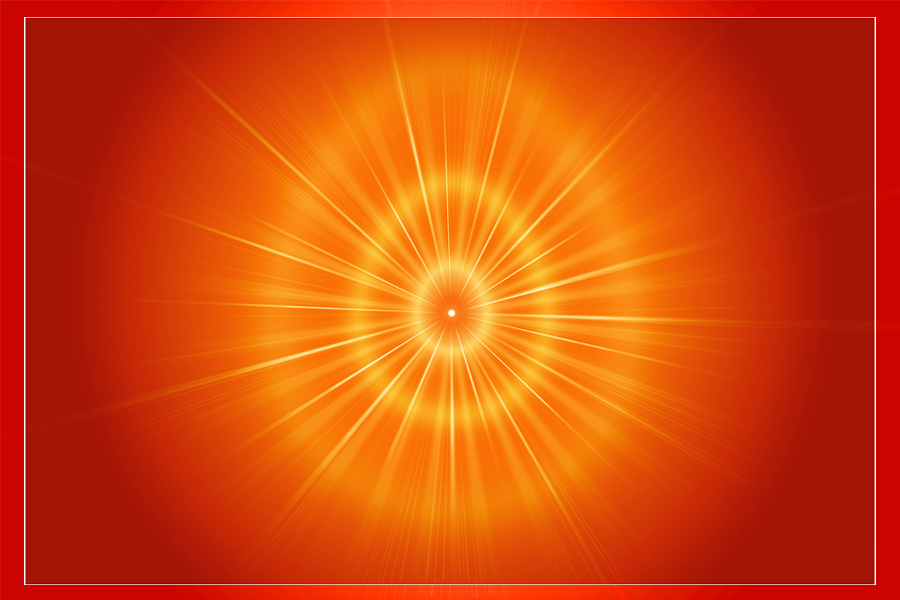Both your stances are correct, and in order to understand better it is important to recognize the difference between the impersonal Nirguna Brahman and Saguna Brahman of a personal nature.
Prajnanam Brahma. (Aitareya Upanishad 3.1.3) -- "Brahman is pure consciousness."
Brahman is pure consciousness as the Vedas point out.
Nirguna Brahman is pure consciousness of an impersonal nature, while God as Saguna Brahman and the jivatman or soul are pure consciousness of a personalised nature, with the Jivatman or soul in bondage due to karma. This bondage, when hacked off through spiritual exercises and meditation, results in the soul or jivatman being purified of karma and regaining its original state as pure consciousness. All the religious practices are designed to help the soul regain its
original state as pure consciousness.
Paramahamsa Yogananda also states in this regard,
"The word 'God' means the manifested, transcendental Being beyond creation, but existing in relation to creation. Spirit existed before God. God is the Creator of the universe, but Spirit is the Creator of God."
Here Spirit stands for Nirguna Brahman, while God stands for Saguna Brahman.
In the yogic philosophy, the Shivalinga as Saguna Brahman is
considered the first form to arise when creation occurs, and also the last form before the dissolution of creation. In ancient India ,the Shiva Lingam only was worshipped as Saguna Brahman in Hindu temples, and idol worship started later on emulating anthropomorphic Jain and Buddhist idols in their temples.
The Shivalingam is considered as the greatest personification of Saguna Brahman, and was worshipped by the likes of the Avatars Parashurama, Rama and Krishna themselves.
An oval shaped stone is worshipped as a symbol of God or Shivalingam in Shaivite temples. The Vedas and Shaivite scriptures consider the Shivalingam to a be a cosmic pillar or point of light. Another name for the Shivalingam is Jyotirlingam with Jyoti meaning light.
The monotheistic God of Judaism, Islam and Zoroastrianism correlates with the Shivalingam in Hinduism, and this is also substantiated by the Dharmic monotheistic sect, the Prajapita Brahmakumaris.

